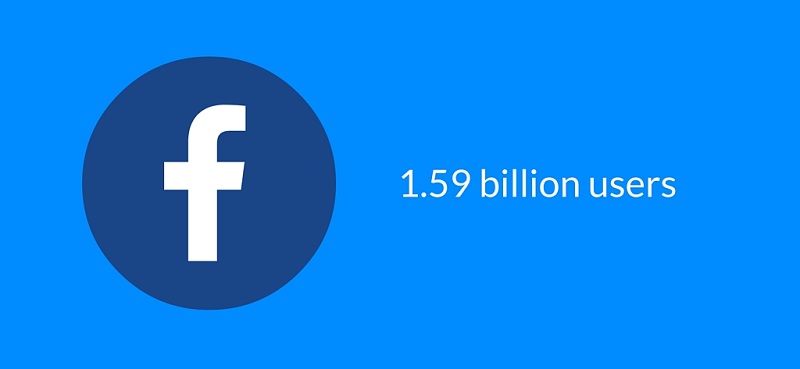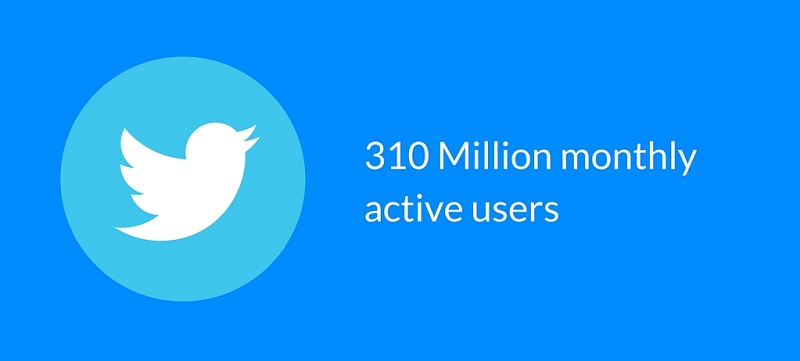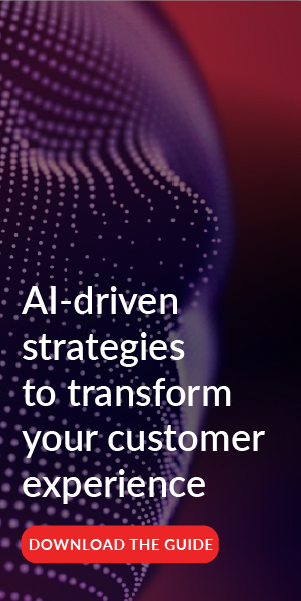Topics
Want a Better Customer Experience? Start with Your Technology and Infrastructure

 People have been complaining about products and customer experiences almost from the beginning of time. The oldest documented customer service complaint dates back to 1750 BCE, between a Mesopotamian customer named Nanni, and Ea-nasir, a copper merchant. In the clay tablet Nanni complains about Ea-nasir’s poor-quality copper and that Ea-nasir treated Nanni’s messenger with contempt by essentially telling him to either, “Take what I’m giving you, or get out.”
People have been complaining about products and customer experiences almost from the beginning of time. The oldest documented customer service complaint dates back to 1750 BCE, between a Mesopotamian customer named Nanni, and Ea-nasir, a copper merchant. In the clay tablet Nanni complains about Ea-nasir’s poor-quality copper and that Ea-nasir treated Nanni’s messenger with contempt by essentially telling him to either, “Take what I’m giving you, or get out.”

A customer complaint from 1750 BCE.
Source: The British Museum
Almost, 4,000 years later, Nanni’s complaint is still haunting Ea-nasir and no modern business wants the same problems. Today, a complaint can go viral in hours or minutes, and customers have no problem leaving a business for another which provides better services or products.
From Clay Tablets to High Technology
Luckily for today’s businesses, managing and tracking customer service has become much easier than responding with clay tablets. Current customer relations management (CRM) systems allow your business to make efficient decisions and resolve complaints, providing customers with self-help options and allowing for efficient processes that streamline phone calls, prevent unnecessary call-backs and delays or confusion. Phone calls, emails, web chats, social interactions and even text messages are all tools that new CRM systems can streamline and automate to help staff and customers resolve complaints.
Fast and efficient handling of customer service issues is essential. Studies show that more than 80% of customers will leave a company if a complaint resolution is not achieved on first contact. These same customers could have been retained if their issues had been resolved.
Customers use a wide range of media to interact with companies, but in the coming years, the types of media they use will also change. Currently, email, phone and person-to-person contact are the most common, but preferences are expected to shift to much deeper use of online communities, social media and self-help enabled corporate websites.
CRM technology aims to improve customer interactions across channels to keep pace with the changing landscape of customer preferences, but that comes at a price. Much of the cost comes from the time and effort required for the employment and training of customer relations staff. Creating effective teams takes time, effort and money that an organization may not have.
How does a business balance the benefits of efficient cross-channel customer experience against the costs of hiring and training a team? The answer is simple: outsource customer service to a call center.
Why Outsourcing Benefits Businesses
To achieve a high standard of customer service, the infrastructure to provide that service needs to be in place. Outsourcing to call centers allows your business to benefit from:
- Modernized Infrastructure – Outsourced call centres invest in cutting-edge technologies to allow for cross-channel customer service. Social media monitoring, VoIP, email, web chat and more are all available through call centers.
- Reduced Costs – When your business outsources customer service, the service provider takes on the burden of hiring and training. Maintenance and staffing are more easily managed by a service provider, since these costs are spread across multiple clients. Also shared among clients are the customer service representatives (CSR’s) themselves, since CSR’s act as the agents of whichever company the caller is contacting. This “shared agent” method reduces idle time for CSR’s, and greatly helps to lower the cost-per-call.
- Scalability – The volume of calls to your company can rise and fall, depending on a number of factors. Scheduling for these fluctuations can be a difficult task, but an outsourced call center has both the experience and the staff to handle it. When the call volume is low, your company isn’t stuck with idle CSR’s who have nothing to do. Outsourced staff simply move on to handle calls for other clients.
- Expert CRM Knowledge – Due to years of experience, an outsourced call center has valuable insights into the customer service industry. Automation of common tasks, efficient documentation of processes, and monitoring of the most important KPI’s can all aid a business in keeping customers satisfied. Proven methods and experience in monitoring what is most important allow experienced call centers to leverage their specialized knowledge to improve the cross-platform experience for your customers. That knowledge can only help boost your company’s image in the eyes of your customers.
Infrastructure: The Key to the Future

A number of platforms commonly used for customer service have only recently been developed, and weren’t originally designed for such use. Facebook was founded in 2005, while Twitter first appeared in 2006. Twitter now has over 310 million monthly active users, while Facebook’s user base has grown to over 1.5 billion. Both have become vital components of customer service, because that is where the customers are.

Technology moves fast in the modern world. New customer service technologies, and platforms for providing service, such as Twitter or Facebook, could be just around the corner. If your company doesn’t keep up its CRM infrastructure, you might feel like you’re trying to resolve complaints with Ea-nasir’s clay tablets. Using an outsourced call center for your customer service needs is a great way to maintain a top-of-the-line infrastructure, while vastly reducing the cost of an in-house call center. The reduced costs, modern systems and improved service will keep your customers loyal for a long time to come by quickly and economically adapting to customer needs.

